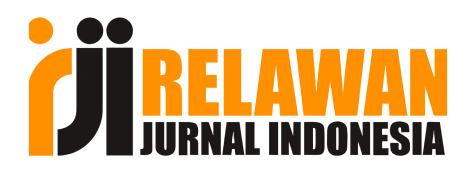The concept of al-Ujrah and how its adjustments during the Covid-19 period: An Islamic perspective
Abstract
The purpose of this paper is to provide accurate and correct references to become a reference for creating policies that are fair for employees and safe for companies or employers—data collection techniques with literature studies and documentation. The study revealed that al Ujrah (wages) are payments or rewards, which can be goods, money, or other types of assets. Wages are given as an achievement for the results of a business or service provided by individuals. Payments (al-ujrah) are based on a work contract (contract), so adjustments to the mechanism and its implementation must also be carried out by deliberation and agreement between the workers and the employer, reflecting fairness and mutual understanding.
Public interest statements
This article describes the concept of al Ujrah in Islam, which is appropriate as a reference for problems faced by companies or entrepreneurs when experiencing economic difficulties, especially learning from the experience of financial difficulties when faced with the issue of the Covid-19 pandemic.
Article history
Received: 1/14/2023 | Revised: 5/14/2023 | Accepted: 5/20/2023 | Online First: 5/21/2023
Downloads

Copyright (c) 2023 Marlya Fatira AK, Muhammad Yasir Nasution, Sugianto Sugianto, Suraya binti Abd.Warif

This work is licensed under a Creative Commons Attribution 4.0 International License.







